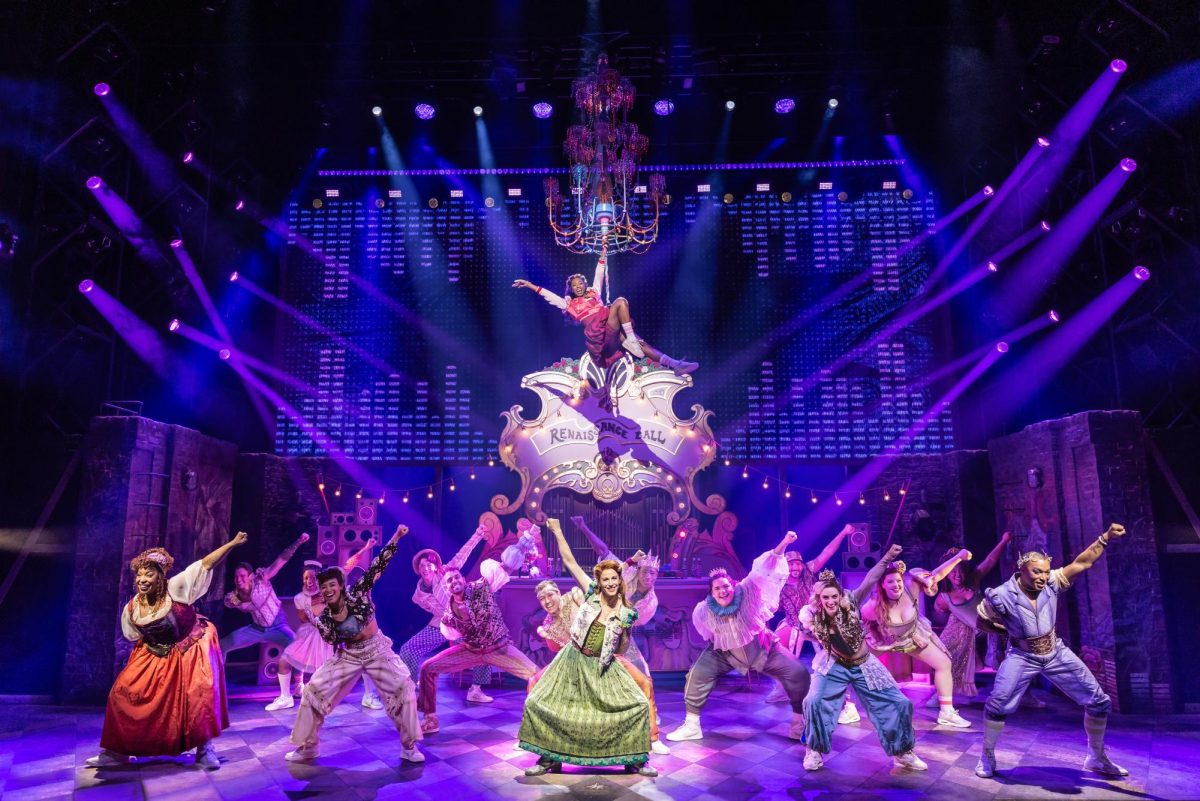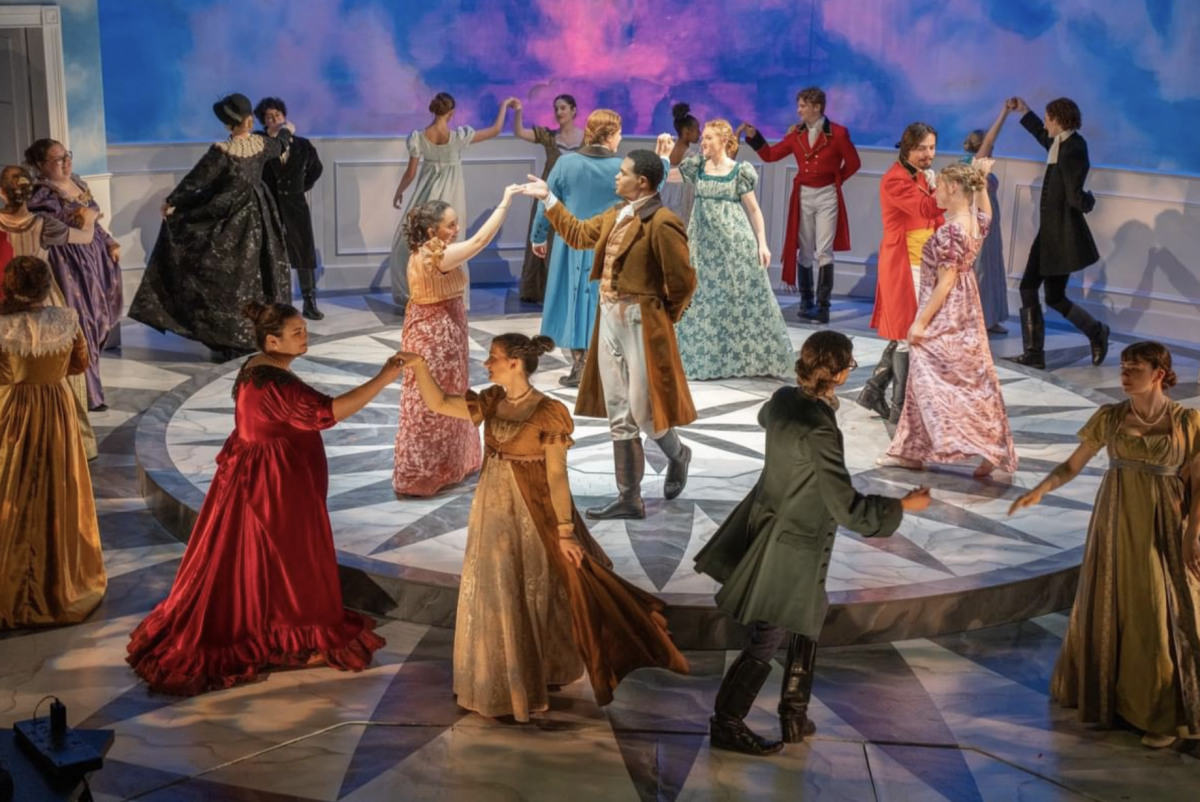Rasputina isn’t your average cello-rock band. Actually, Rasputina isn’t your average anything. And who ever heard of a cello-rock band anyway?
Rasputina has been around in one form or another since 1992, with an ever-changing lineup of members. It was all-female until the recording of the group’s latest album, Frustration Plantation, when drummer Jonathan TeBeest joined the mix. However, Rasputina is also not your average female-fronted rock group.
So what exactly is Rasputina like? Well, it depends on which album you’re listening to. The group’s latest and perhaps greatest to date, Frustration Plantation, is dark, moody and gothic-tinged. But if you go back just a few years, you get tracks like “Björk, PJ and Matthew,” in which band members impersonate an interaction between various pop-rock personalities to hilarious effect.
Frustration Plantation is a more serious album in many respects than the group’s previous efforts. Rasputina’s obsession with the 19th century has been well documented, and this influence comes through loud and clear in many of the album’s tracks. Imagine Nine Inch Nails with a less-produced sound, a female lead singer and rockin’ cello and violin parts, and you might be close to imagining Frustration Plantation.
The album begins with “Doomsday Averted,” one of the more gothic-sounding tracks. With a low cello riff, an eerie guitar line and lead singer Melora Creager’s fabulously versatile alto vocals, the song plays with listeners, building slowly toward a climax but then fading quickly. The track is seductive, sexy and provides a provocative introduction to the album.
Next is “Secret Message,” which starts out slow and quiet, with an emphasis on vocals and strings, but builds into the industrial, crunching riffs of track three, “Possum of the Grotto” (which BUST magazine recently compared to Siouxsie and the Banshees).
It’s good to know that Rasputina hasn’t lost its sense of humor, though. In keeping with the 19th-century theme, one track, “My Captivity by Savages,” is a narration by “Eliza Elizabeth Cooke, age 13” with strings in the background. The narrator, in a heavy Southern drawl, tells listeners how she was kidnapped by Indians and taken into captivity, her family massacred.
It may not sound funny on the surface, but the sound effects (laughing, overacted sobbing) create a light effect, and listeners find themselves cheering for the young heroine as she tries to break free but ultimately, listeners are told, remains in captivity for 14 years.
Another album highlight is “When I Was A Young Girl,” a song many will recognize from childhood. Of course, Rasputina puts a different spin on it, with low-pitched voices and a cello accompaniment. It’s a perfect example of the way the group can take a well-known song and turn it into a dark, almost frightening dirge.
“Girls’ School” begins with a more classical feel, featuring lilting string parts and a waltz feel. Of course, the lightness is deceiving. When juxtaposed with the lyrics, which detail the experiences of a young girl at an all-female school, an interesting picture emerges: “Listen to our pretty song / We are as happy as the day is long / Forget the things you thought you knew / We’ll make a very good girl of you,” Creager sings.
The song moves quickly into an electric-guitar riff that sounds like something from “Tommy,” only heavier. Following the guitar riff — near-silence. It is this kind of dramatic tension and resolution that keeps Frustration Plantation interesting to listeners.
Rasputina takes its 19th-century obsession into its live performances as well, and it’s not at all uncommon for members to appear in corsets and bloomers. This doesn’t mean the group is old-fashioned, however. So if you’re looking for something new, something you won’t hear anywhere else, pick up Rasputina’s Frustration Plantation. Remember, strings can rock too.







